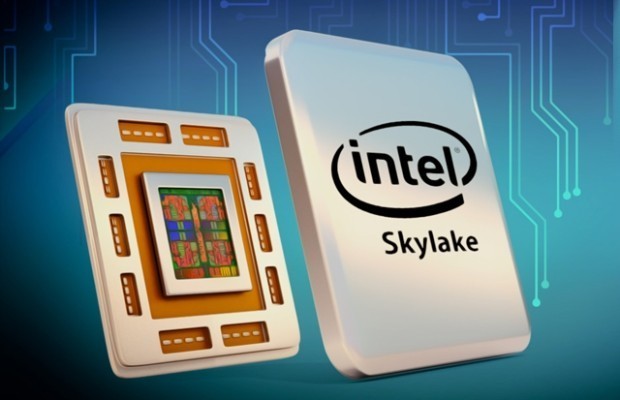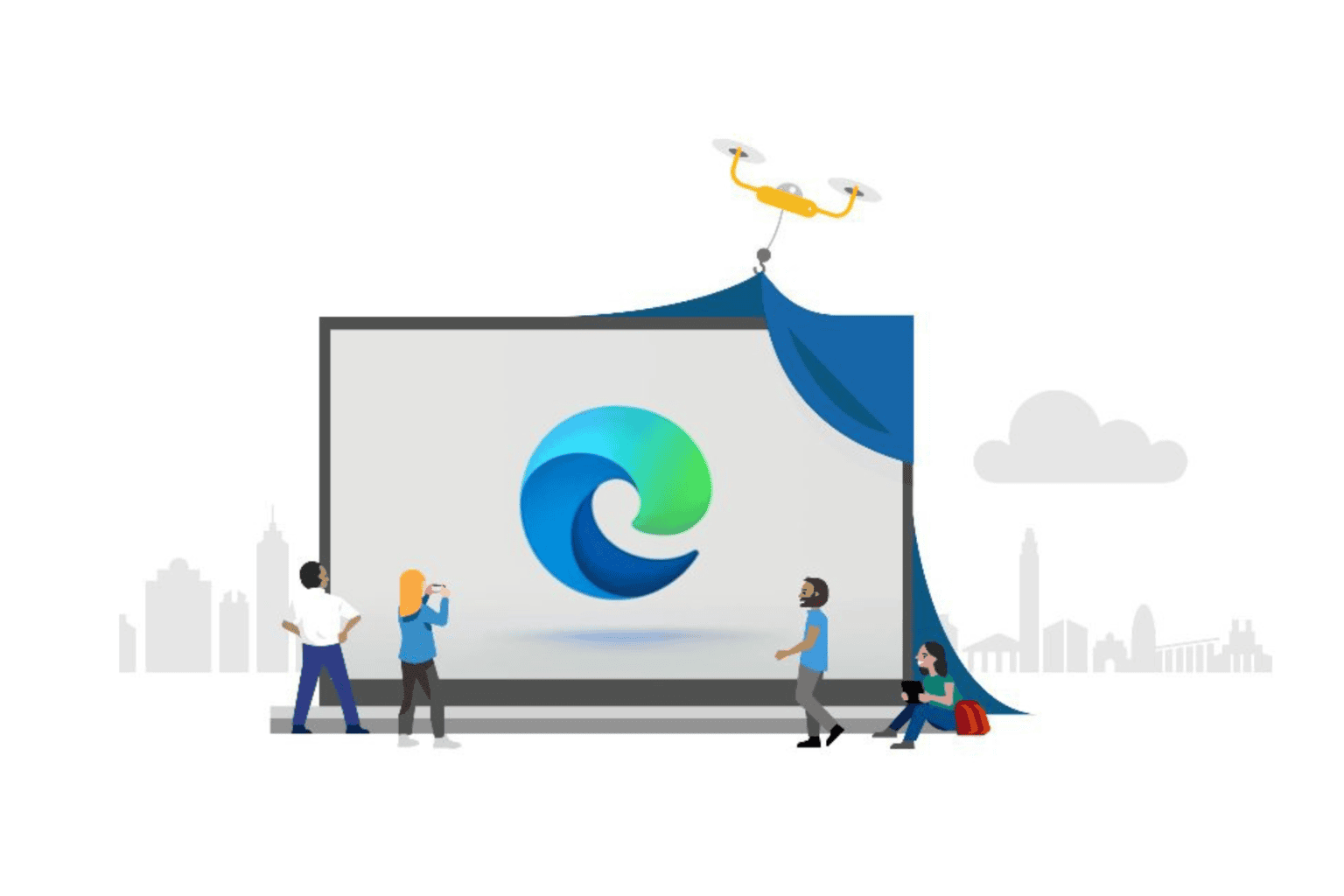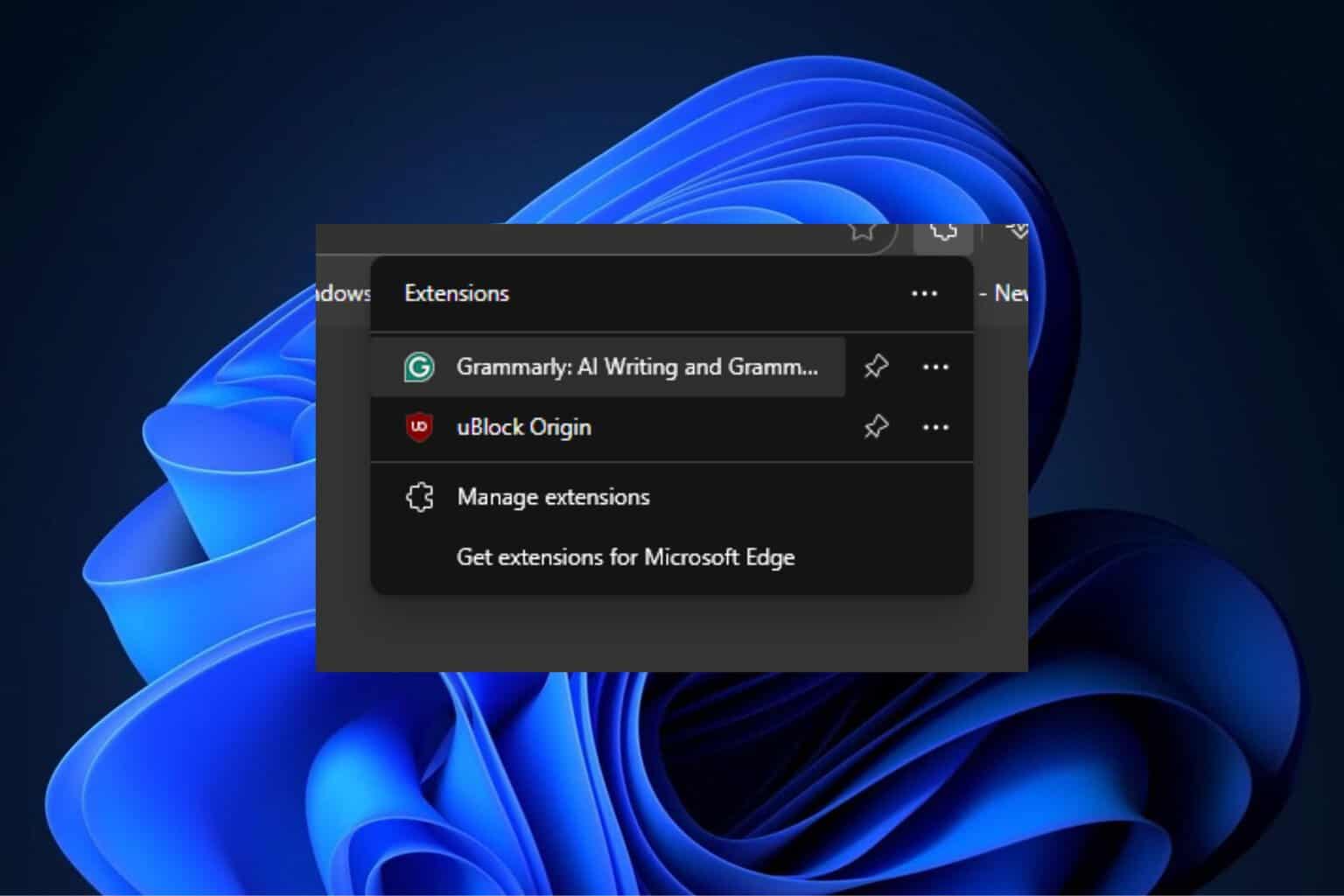Skylake processors will be supported on Windows 7 and 8.1
2 min. read
Published on
Read our disclosure page to find out how can you help Windows Report sustain the editorial team. Read more

Back in January, Microsoft was announcing that Windows 10 will support future processors, and it was a total surprise when the company has published on its Windows blog an update to its “silicon support policy”, adding support for 6th generation Intel Core (Skylake) processors in Windows 7 and 8.1.
At the beginning of the year, Microsoft’s announcement was interpreted by users as another attempt from the company to get them to upgrade to Windows 10 or to spend a lot of money on devices that come pre-installed with the latest operating system. Initially, Microsoft said that Intel Skylake processors will be supported on a limited number of business devices, until mid-2017, but listening to feedback, the company has decided to support these processors on Windows 7 until January 14, 2020 and Windows 8.1 until January 10, 2023.
Microsoft has agreed to support Skylake systems Windows 7 and Windows 8.1 because Intel and OEM partners “will be performing security update validation testing and upgrade testing for 6th Gen Intel Core systems running Windows 7 or Windows 8.1”. Before jumping to wrong conclusions, we must clarify that Intel’s upcoming seventh generation Kaby Lake processors and AMD’s seventh gen processors (Bristol Ridge) will be also supported on the aforementioned versions of Windows. Microsoft has stated that the upcoming processors families will be supported only on Windows 10, but it’s not sure if users will be able to install Windows 7 or 8.1 operating systems on devices powered by the 7th generation processors, or only the business world will benefit from this support.
If Microsoft will choose the second option, then it will block customers from installing Windows 7 or 8.1 on devices that will run on the upcoming processors. This will force them to either buy the latest devices that will run on these processors and install Windows 10, or to switch to another OS (Linux).
RELATED STORIES TO CHECK OUT:








User forum
0 messages